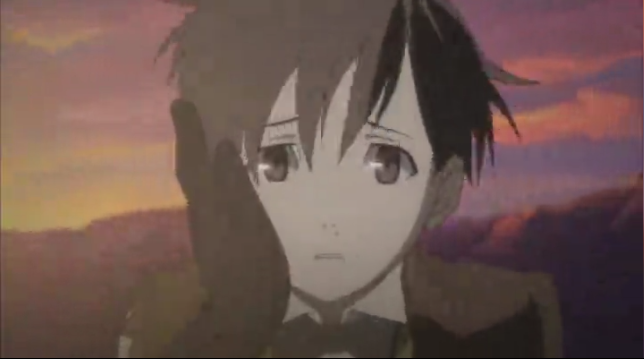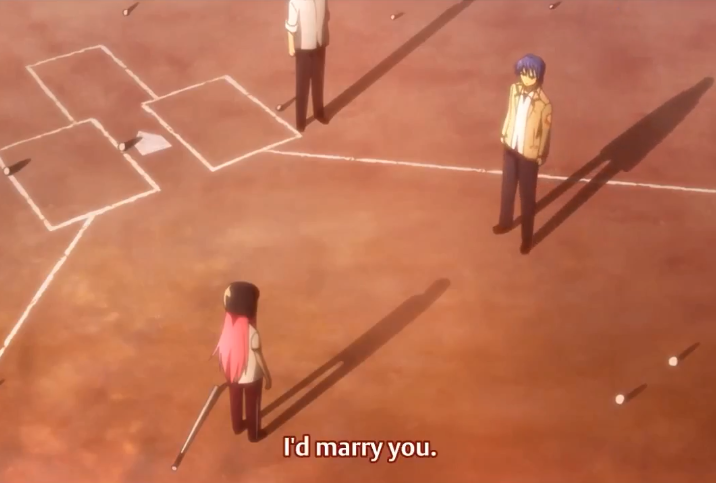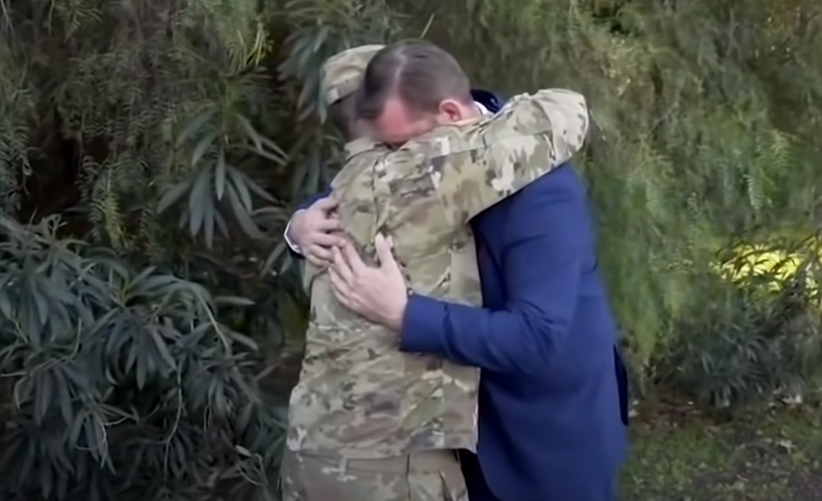Bootstrapping Empathy
Summary: Empathizing with another person is an opportunity to gain a friend and learn something new. If you want to develop empathy for someone, imagine them into a scenario where they show their love for someone else. If that doesn't work, stitch them into one of your own happy memories.
Empathy in Kuwait
Earlier in my career, I worked for the US Department of Defense. During that time, I was lucky enough to get to live and work with soldiers on a US Army base in Kuwait for some months. As a government civilian, I was spoiled with an all-you-can-eat meal policy at the base dining facility.
Every day, when I came to grab lunch, one of several Indian men would hand me a tray of food. My coworkers told me that they were TCNs (Third Country Nationals), people from neither the US nor Kuwait hired by contractors to staff the base. Often when I was in line for food, my attention would wander over to them. Although I had visited India just a year earlier, I struggled to relate to them and their conversations with each other. But that didn't sit right with me. Many of my coworkers on base came from different cultural backgrounds and I didn't like the idea of feeling different about the people who served me [0].
A few weeks into my stay, I saw one TCN staff member come in and tap another on the shoulder. He turned around and was absolutely delighted to see his friend. I gathered from their conversation that they hadn't seen each other in over a year. They embraced each other tightly and I was brought to tears. I could feel the intensity of their love. For the rest my time there, whenever I saw either of them, I felt a warmth coming from them, even when they weren't smiling. By witnessing them in a moment of love and vulnerability, I had been forced to perceive them as three dimensional, as human.
Empathy is Everywhere
There had already been thousands of moments like this in my life, where I had been exposed to someone's humanity. Most of them happened in film, television, and on the Internet.
The most salient example I can think of is a soldier taking leave and surprising his or her family and friends. There are hundreds of videos like this on the Internet and the ones with the best camera work end up in the news. I like to think I have a complex array of emotions, but watching literally any reunion like this brings me to tears.
So this is a template that represents what worked for me in Kuwait. But when I took a step back, I noticed a much larger idea: Adults and children alike feel fear, loneliness, and long for a parent's love. This is best represented in fiction, as I think these moments are difficult to record in real life:

In Where the Wild Things Are), Max runs off after throwing a tantrum when his divorced mother has a man over for a date. When Max comes back, weary and wiser to what his mother is going through, he embraces her.

In Step Brothers), the protagonist Brennan sings for the first time since his embarrassing performance as a child. His brother Derek is moved as he remembers the formative moments they spent together as children.

In the Doctor Who reboot, the Doctor brings an episode's (season 2 episode 1)) antagonist, Cassandra, back in time to tell her younger self that she is beautiful. The older Cassandra dies moments later in her younger self's arms. Cassandra has focused on physical beauty her entire life, but when she tells her younger self that she is beautiful, we can infer that it's the first time anyone has seen and noted her inner beauty.

In Baccano!, the immortal boy, Czeslaw Meyer, has experienced only betrayal and torture at the hands of his companions. Towards the end of the series, the lighthearted and oblivious couple, Isaac and Miria, see only a child and pledge to take care of him. It is the first time anyone has shown him unconditional love and told him he can be a good person.

In the Nickelodeon TV series Doug), Doug has a secret admirer (season 2 episode 16A). When she invites him to finally meet in person, he sees her and nervously hides in his costume. But as he reflects on how painful it is to be alone and abandoned, he comes out to talk with her.

In Angel Beats, a collection of students seem to be trapped in purgatory. One of the protagonists, Yuzuru, helps others to escape by fulfilling their lives' unmet dreams. Yui, a girl paralyzed in her real life, always wanted to fall in love and get married, but concedes that Yuzuru needn't marry her. However, Hinata, the character Yui quarrels with throughout the series, declares that he will marry her, no matter her disability.
Empathy the Tool
I am at the center of all my experiences [1] with all my preexisting beliefs coloring them. Building empathy for another person lets me glimpse outside of my myself and see a completely different view. It is one of many shortcuts to self-growth [2]. You can live in and maintain a clock tower and never see the face; a good friend will look at you and reveal what you can't see about yourself.
Fortunately, learning to empathize with more people is a skill that you can develop. The most successful method I've found is simply to imagine someone smiling with tears of joy. Remember that this person is not that different than a child. They probably looked up to people in their life and others looked up to them. They may have done or said things that you don't like, but put that aside for now. This is about understanding, not judgement.
If that isn't working for you, recall a happy memory of your own and try substituting this person in for someone from the memory, even if it's yourself. Although this is artificial, the changes in your disposition and the emotions you feel are real. The point is to let your guard down so you can her hear what they have to say about their experience.
You can hear more from me on YouTube or Twitter.
Footnotes
- [0] Pence, Ulysse. “Some Matter More Than Others.” https://benpence.com/blog/post/some-matter-more-than-others
- [1] Wallace, David Foster. “This Is Water: Some Thoughts, Delivered on a Significant Occasion, about Living a Compassionate Life.” 2005.
- [2] Pence, Ben. 15 Sep. 2020, Twitter, https://twitter.com/benpence/status/1305973237357203459

